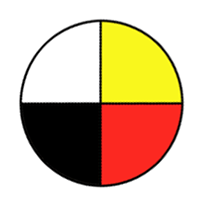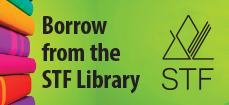Develop and demonstrate the personal insight, motivation, and skills necessary to enhance and promote sexual health and avoid health-compromising sexual attitudes and behaviours.
| (a) |
Examine personal attitudes about sexual health. |
| (b) |
Acquire knowledge that is appropriate for students' levels of development, and directly relevant to their own sexual health needs including:
|
| (c) |
Analyze abstinence as the healthiest and safest sexual choice for young people. |
| (d) |
Discuss sexual health choices that reduce the risk of health-compromising consequences. |
| (e) |
Assess how to raise, discuss, and negotiate sexual health issues with partners. |
| (f) |
Evaluate the potential outcomes of sexual health attitudes and behaviours. |
| (g) |
Determine how attitudes and behaviours may interfere with or enhance sexual health. |
| (h) |
Clarify personal standards (see Grade 6) that influence sexual health decisions. |
| (i) |
Examine the strategies of personal commitment (see Grade 7) that are required to commit to one's standards/decisions related to healthy sexual behaviour. |
| (j) |
Articulate the influence of alcohol and other drugs on sexual attitudes and behaviours. |
| (k) |
Determine the personal benefits of taking action to enhance sexual health and prevent/reduce sexual health problems. |
| (l) |
Use self-knowledge and understandings to promote sexual health with family, friends, partners, and community. |
| (m) |
Determine the behaviours and local resources/supports that can help to attain positive sexual health outcomes. |
| (n) |
Establish a common and informed understanding of differences that exist in relation to sexuality and determine what differences are respected and protected in Canadian Human Rights legislation. |


- A Way Out: sâkîyıso Unit 4 Video
- I am the Bully 2: sâkîyıso Unit 3 Video
- The Bystander: sâkîyıso Unit 2 Video
- We Shall Remain: sâkîyıso Unit 2 Video





Topics include: facts about sexually transmitted diseases, symptoms and treatment for common STDs, consequences of leaving STDs untreated, the truth about common myths concerning STDs and the importance of practicing safe sex.









This document will assist individuals and communities to engage in meaningful discussions and actions to respond to the experiences, perspectives and needs of students and families who are gender and/or sexually diverse (GSD).
Content includes:
- Gender and Sexual Diversity
- First Nations and Métis Ways of Knowing
- Assumptions, Privilege and Oppression
- Comprehensive School Community Health (CSCH)
- CSCH Approach to Creating Inclusive Schools





